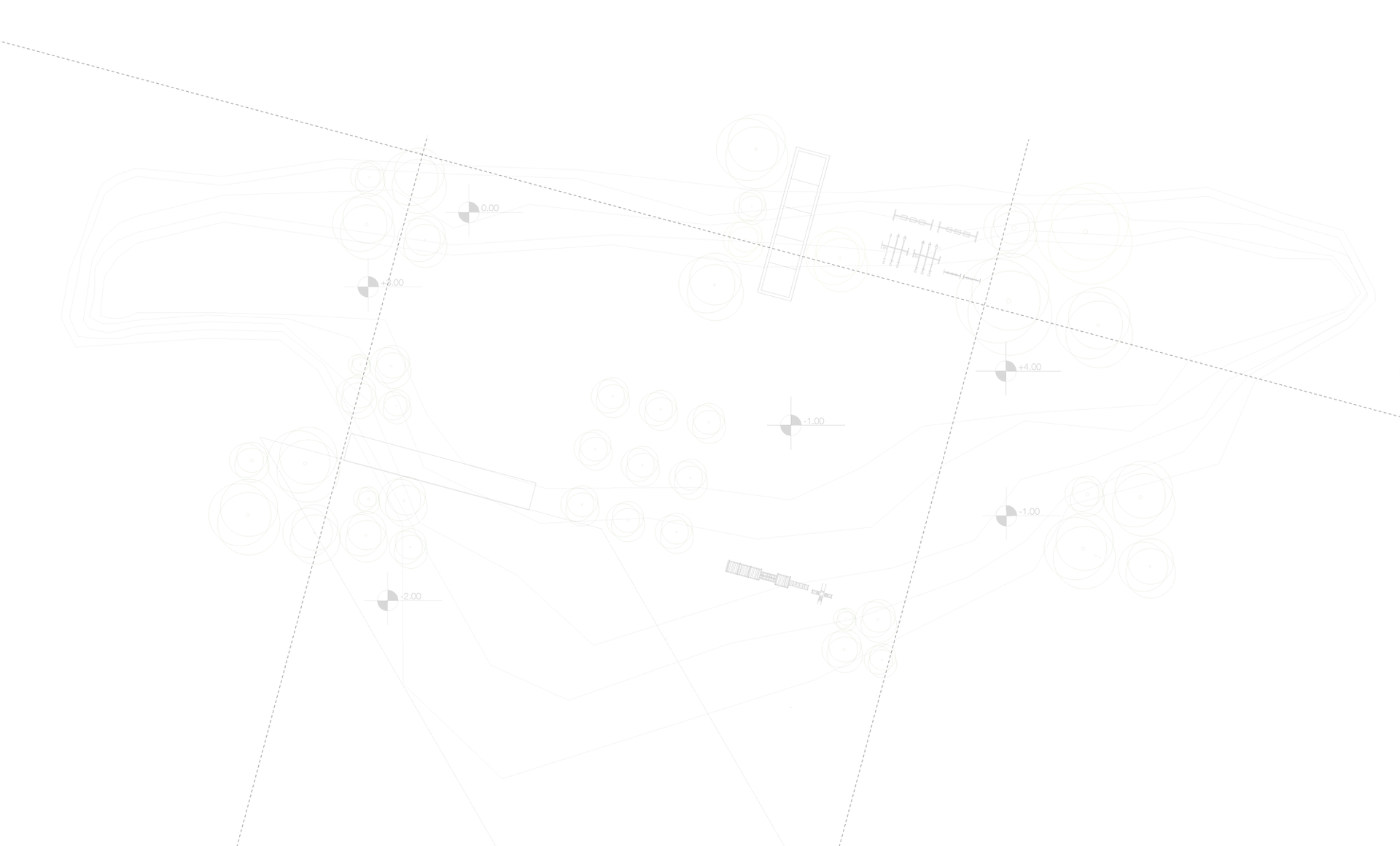
Glen A. Weed Library
Coastal University
Wilmington, North Carolina
Glen A. Weed Library
Coastal University
Wilmington, North Carolina
Glen A. Weed Library
Coastal University
Wilmington, North Carolina
Taylor V. Guelich | Mechanical
Advisor: Dr. Freihaut

Final Thesis Report
(4/1/2019)
Executive Summary
Glen A. Weed Library is a highly efficient and sustainable building located at Coastal University. The greatest opportunity for improvement is found on the generation side through reducing energy used for cooling demands. Non-traditional design technologies are integrated together in this report to achieve a higher performing campus.
The first mechanical depth topic takes advantage of surrounding land available to implement a Ground Source Heat Pump (GSHP) system. The overall length of piping, size, arrangement, and spacing of bores was determined in order to extract and release energy into the earth during heating and cooling modes. A Ground Coupled Heat Pump (GCHP) system was selected over a Surface Water Heat Pump (SWHP) system for this scenario due to increased reliability, lower operation and maintenance fees, and environmental concerns. Using geothermal energy at Glen Library eliminates energy usage attributing to 5,639 MBTU/hr of cooling demands and 4,779 MBTU/hr of heating demands annually. This allows for a greater amount of energy to be delivered to other buildings on the campus thermal distribution loop.
The second mechanical depth topic focuses on redesigning the Central Utility Plant by implementing a Combined Cooling, Heating, and Power (CCHP) system. Two 1,121 kW reciprocating engines are combined with 440-ton absorption chillers to simultaneously produce electricity and useful thermal energy with waste heat recovery. As a result, Coastal University will see a reduction in energy usage, utility costs, and emissions produced. The natural gas consumption was decreased in half, the electricity consumption was decreased by 75%, and greenhouse gas emissions were decreased equivalent to 1,582 passenger vehicles annually. There is an 18-year payback period for this investment which is predicted to decrease when escalation of future utility rates are considered, especially for electricity.
A transmission and distribution system was designed for the first breadth topic to deliver locally generated electricity from the Central Utility Plant to buildings on a loop distribution system with strategically placed switches. Because many research facilities operate at Coastal University, this will allow for increased resiliency in the event of a natural disaster due to the capability of the campus functioning as a microgrid independent from the macrogrid during standalone mode.
Finally, an analysis was performed on the complex building façade for the second breadth topic. Recommendations were made for finish materials on the integrated solar-blade shading system after performing heat transfer simulations to reduce thermal bridging while improving resistance to corrosion caused by environmental factors at the location of Glen Library along the coast.